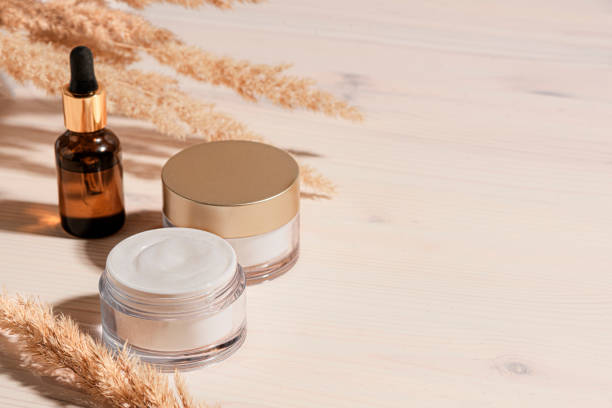From Charcoal to Nanotech: What's Fueling the Anti-Pollution Skincare …
페이지 정보

본문
Understanding the Anti-Pollution Skincare Market
The anti-pollution skincare market revolves around products specifically formulated to shield the skin from pollutants, such as particulate matter (PM2.5), toxins, and free radicals. These products, often enriched with antioxidants, activated charcoal, vitamins, and natural extracts, aim to detoxify, hydrate, and repair the skin while creating a protective barrier against environmental aggressors.
Market Overview
• Market Size: In 2024, Anti Pollution Skin Care Market was projected to be worth USD 28.04 billion. By 2034, the anti-pollution skin care market is projected to have grown from 31.19 billion USD in 2025 to 81.37 billion USD. The market for anti-pollution skin care is anticipated to develop at a CAGR (growth rate) of approximately 11.2% between 2025 and 2034.
• Regional Insights: Asia-Pacific holds the largest market share, primarily due to high pollution levels in urban areas and increased skincare awareness among consumers in countries like China, India, and South Korea. North America and Europe follow closely, driven by the growing adoption of natural and organic skincare products.
Key Market Drivers
1. Rising Pollution Levels
Urbanization and industrialization have significantly increased air pollution levels worldwide. Exposure to pollutants causes skin damage, including premature aging, acne, and pigmentation. This has emphasized the demand for products that combat these effects.
2. Consumer Awareness
The modern consumer is more informed about skincare than ever before. With the widespread availability of information, individuals are seeking products that offer targeted solutions for pollution-induced skin issues.
3. Growth of Natural and Organic Products
Consumers are gravitating toward natural and organic anti-pollution skincare products. Ingredients like green tea, moringa, and activated charcoal are highly sought after for their detoxifying properties.
4. Technological Advancements in Skincare
The incorporation of advanced technologies, such as anti-pollution peptides and nanotechnology in skincare formulations, is fueling innovation in the market. These advancements allow for better protection and enhanced efficacy.
The anti-pollution skincare market revolves around products specifically formulated to shield the skin from pollutants, such as particulate matter (PM2.5), toxins, and free radicals. These products, often enriched with antioxidants, activated charcoal, vitamins, and natural extracts, aim to detoxify, hydrate, and repair the skin while creating a protective barrier against environmental aggressors.
Market Overview
• Market Size: In 2024, Anti Pollution Skin Care Market was projected to be worth USD 28.04 billion. By 2034, the anti-pollution skin care market is projected to have grown from 31.19 billion USD in 2025 to 81.37 billion USD. The market for anti-pollution skin care is anticipated to develop at a CAGR (growth rate) of approximately 11.2% between 2025 and 2034.
• Regional Insights: Asia-Pacific holds the largest market share, primarily due to high pollution levels in urban areas and increased skincare awareness among consumers in countries like China, India, and South Korea. North America and Europe follow closely, driven by the growing adoption of natural and organic skincare products.
Key Market Drivers
1. Rising Pollution Levels
Urbanization and industrialization have significantly increased air pollution levels worldwide. Exposure to pollutants causes skin damage, including premature aging, acne, and pigmentation. This has emphasized the demand for products that combat these effects.
2. Consumer Awareness
The modern consumer is more informed about skincare than ever before. With the widespread availability of information, individuals are seeking products that offer targeted solutions for pollution-induced skin issues.
3. Growth of Natural and Organic Products
Consumers are gravitating toward natural and organic anti-pollution skincare products. Ingredients like green tea, moringa, and activated charcoal are highly sought after for their detoxifying properties.
4. Technological Advancements in Skincare
The incorporation of advanced technologies, such as anti-pollution peptides and nanotechnology in skincare formulations, is fueling innovation in the market. These advancements allow for better protection and enhanced efficacy.
관련링크
- 이전글Welcome 25.07.06
- 다음글Beyond Beauty: Can Anti-Pollution Skincare Save Our Skin in a Toxic World? 25.07.05
댓글목록
등록된 댓글이 없습니다.
 최고위과정(ACE)
최고위과정(ACE)